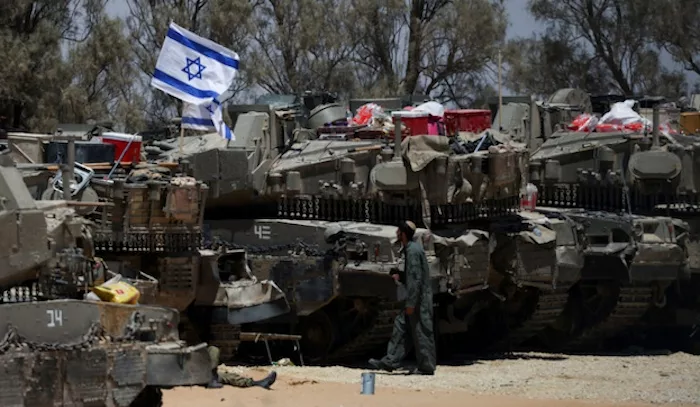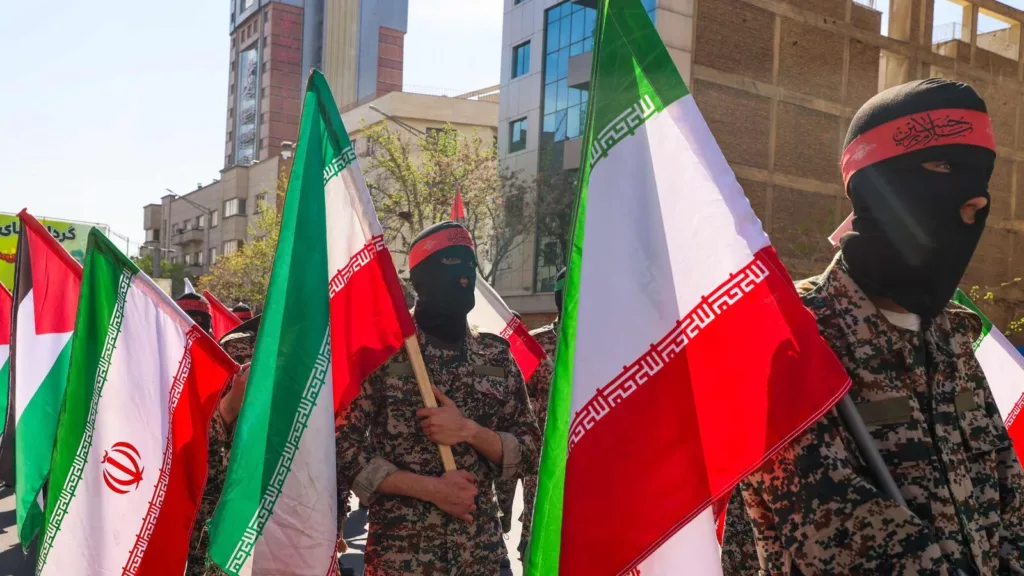
Israel on High Alert Amid Rising Tensions with Iran: A Detailed Analysis
Israel has found itself on high alert following the assassination of a Hamas leader in Tehran, Iran, on August 9, 2024. This incident has escalated the already tense situation between Israel and Iran, prompting concerns of potential retaliatory attacks from Iran and its allied proxy groups in the region. The assassination, while not officially claimed by Israel, aligns with its history of targeted actions against figures linked to Hamas and other hostile groups. The situation has significant implications for regional stability and the broader geopolitical landscape.
Background of the Incident
The assassination in Tehran is believed to have targeted a senior Hamas official involved in orchestrating attacks against Israel. While the Israeli government has maintained a policy of ambiguity regarding such operations, the precision and nature of the attack bear the hallmarks of Israeli intelligence services. This event follows a series of escalating confrontations between Israel and Iran, both directly and through their respective proxies, in Lebanon, Syria, and the Gaza Strip.
Hamas, the militant organization governing the Gaza Strip, has long been a thorn in Israel’s side, carrying out numerous rocket attacks and other forms of aggression. Iran, a staunch supporter of Hamas and other anti-Israel groups, provides substantial financial and military assistance to these organizations. The elimination of a key Hamas figure in Tehran is viewed by many analysts as part of Israel’s broader strategy to weaken these groups by targeting their leadership.
Israel’s Defensive Preparations
In response to the killing, Israel has heightened its state of military readiness, particularly along its northern borders with Lebanon and Syria, where Iranian-backed groups like Hezbollah operate. Israeli Defense Minister Yoav Gallant announced that the country is prepared for any form of retaliation, deploying additional troops and advanced missile defense systems in vulnerable areas.
The Israeli government has also taken measures to secure critical infrastructure and civilian areas, aware that retaliatory actions could target not just military installations but also public places. The Iron Dome missile defense system, known for its effectiveness in intercepting short-range rockets, has been placed on high alert, and additional systems like David’s Sling and the Arrow anti-ballistic missile system are ready for longer-range threats.
The possibility of cyber-attacks from Iranian sources is another concern. Israel has bolstered its cyber defenses, anticipating that Iran might resort to digital warfare as part of its response strategy. Israel’s history of strong cyber capabilities, evidenced by past cyber operations against Iranian nuclear facilities, suggests that the nation is well-prepared to counter such threats, though the unpredictability of cyber warfare keeps the tension high.

The Broader Geopolitical Context
The assassination and the subsequent defensive posture by Israel must be understood within the broader context of Middle Eastern geopolitics. The rivalry between Israel and Iran is deeply rooted in religious, ideological, and strategic differences, with both nations vying for influence in the region. Iran’s support for militant groups like Hezbollah, Hamas, and Islamic Jihad is part of its strategy to encircle Israel with hostile forces, thereby exerting pressure on the Israeli government and its allies.
The involvement of the United States adds another layer of complexity to the situation. The U.S. has long been a close ally of Israel, providing military aid and diplomatic support. In this instance, the U.S. has urged Iran to exercise restraint, warning that any escalation could lead to severe consequences. This diplomatic intervention is crucial as it aims to prevent a broader conflict that could engulf the entire region, drawing in other actors like Saudi Arabia, Russia, and Turkey.
On the diplomatic front, Israel’s relations with neighboring Arab countries, some of which have recently normalized ties through the Abraham Accords, could be strained if the conflict escalates. These countries, while officially at peace with Israel, are cautious in their dealings with Iran, and a major conflict could force them to take sides, potentially destabilizing these newly established diplomatic relations.
Potential Consequences and Future Scenarios
The immediate consequence of the assassination is the heightened risk of conflict between Israel and Iran, either directly or through their proxies. Should Iran choose to retaliate, the Middle East could see a rapid escalation in violence, potentially leading to a full-scale war. Such a conflict would likely have devastating consequences not only for Israel and Iran but for the entire region, disrupting global oil supplies and triggering waves of refugees.
In the longer term, this incident could either solidify or undermine Israel’s deterrence strategy. If Israel manages to neutralize any retaliatory attempts by Iran or its allies, it could strengthen its position in the region, discouraging further aggression. However, if the situation spirals out of control, it could expose Israel to sustained attacks, weakening its security and prompting international intervention.
Conclusion
The situation between Israel and Iran following the assassination of a Hamas leader in Tehran is highly volatile, with the potential for significant regional and global repercussions. Israel’s military and political leadership are preparing for various scenarios, including direct conflict with Iranian forces or proxy groups. The international community, particularly the United States, is closely monitoring the situation, aware that any miscalculation could lead to a broader war in the Middle East. As events unfold, the world watches with bated breath, hoping that diplomacy can prevent further bloodshed.


